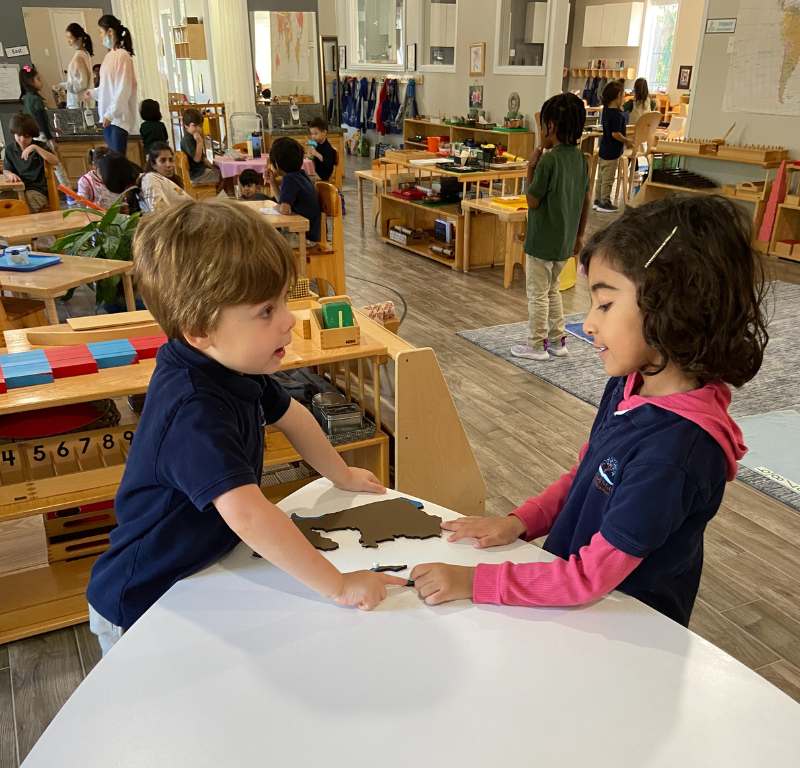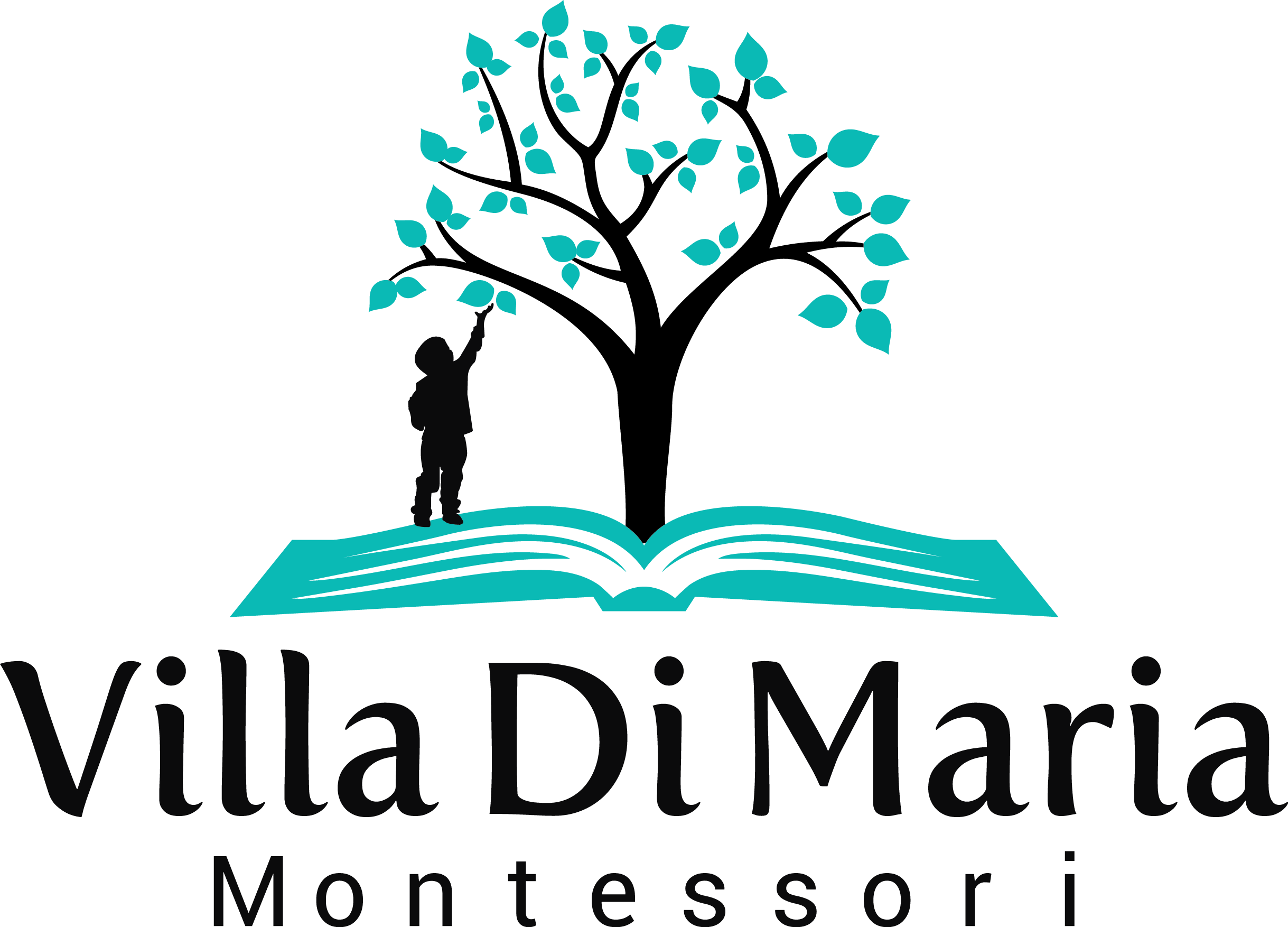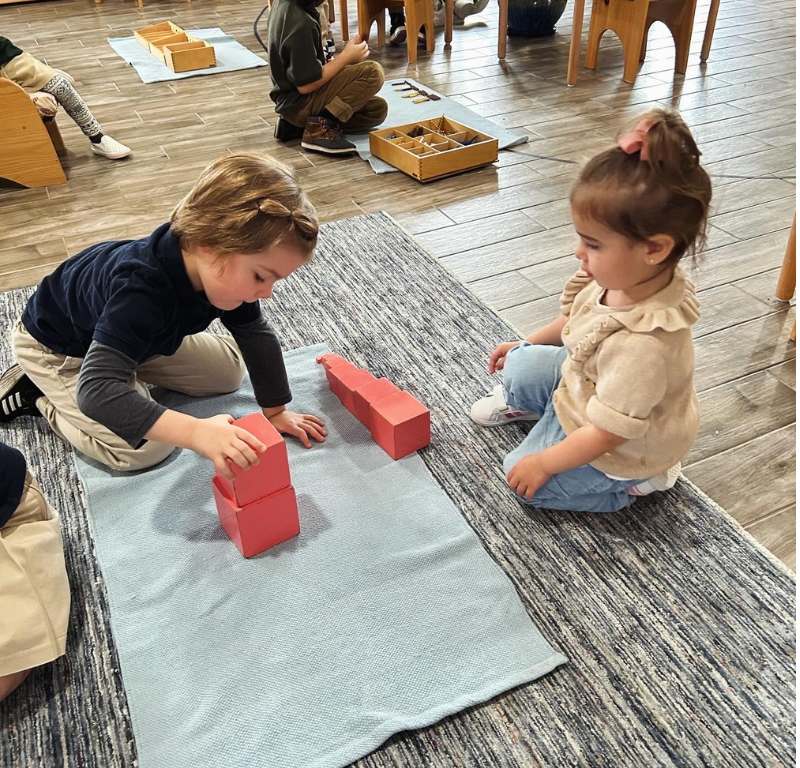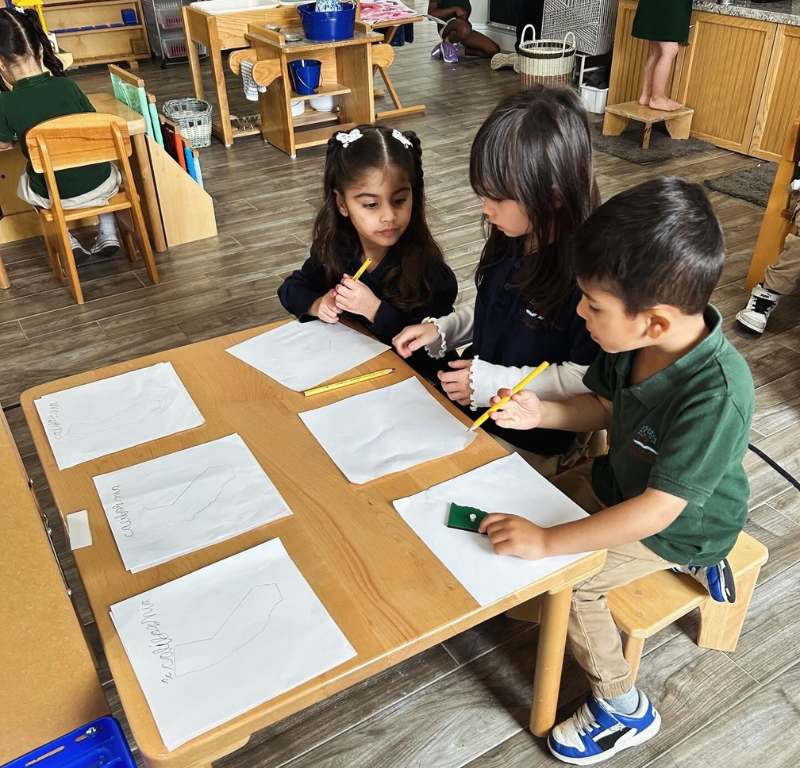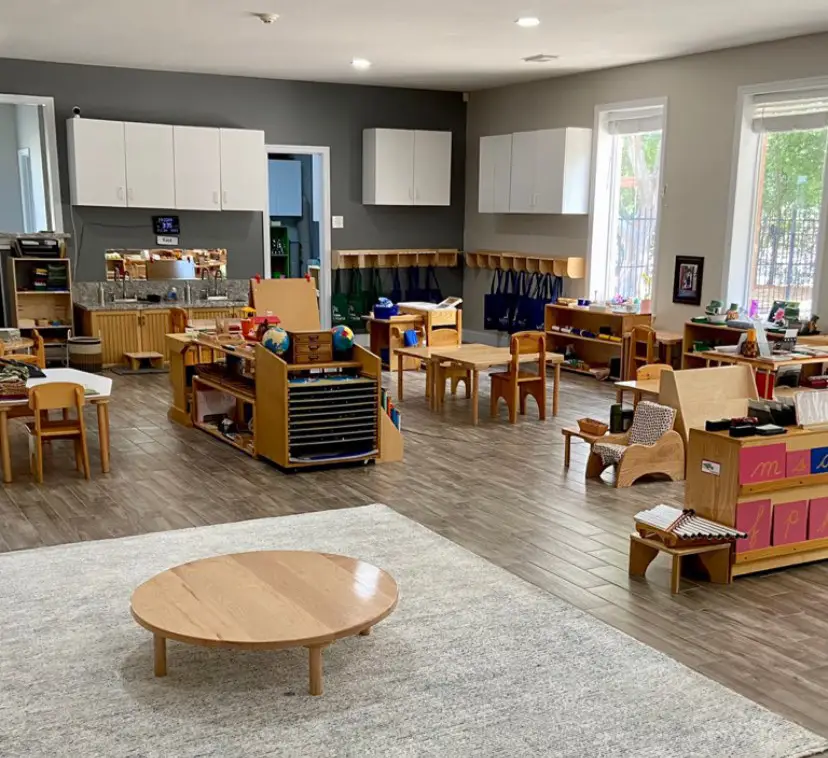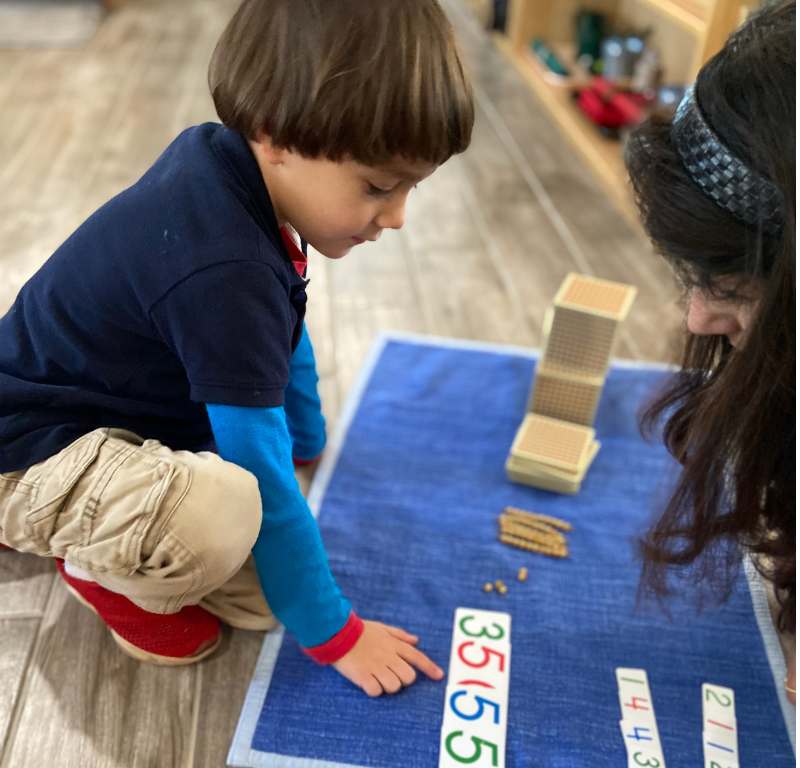Uninterrupted Work Periods
Dr. Maria Montessori’s observations revealed a natural three-hour work cycle in children, marked by two periods of focused activity interspersed with a rest period. Montessori preschool classrooms honor this innate rhythm by providing extended, uninterrupted work periods. These blocks of time allow children the freedom to choose activities autonomously, fostering self-directed learning. They can delve deeply into chosen tasks, repeat them as often as they like, and experience the many benefits of Montessori education. This self-paced exploration promotes concentration, cultivates a love of learning, and supports deep engagement with the Montessori curriculum, leading to enhanced academic and social-emotional development. This approach to Montessori early childhood education allows children to truly benefit from the Montessori method.
